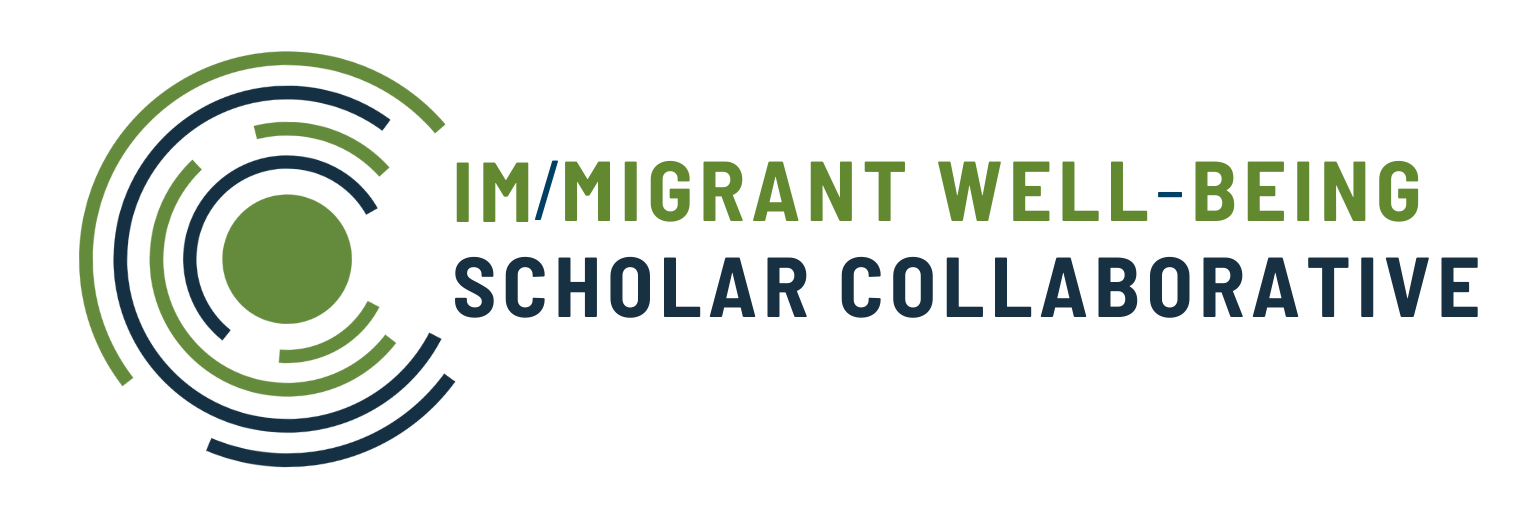(Washington, DC) – The Cisneros Hispanic Leadership Institute at The George Washington University and The Acacia Center for Justice released a new concept summary on the challenges faced by children migrating alone to the United States.
Titled, Caught in the Clock: Time and Justice in Immigration Cases of Unaccompanied Children, the concept summary explores how the U.S. immigration system uses time as a mechanism of control. This “temporal violence” is a bureaucratic tool that can delay or expedite proceedings beyond what is fair and feasible. Case backlogs, expedited “rocket docket” hearings, and arbitrary delays exacerbate the challenges for unaccompanied minors, who face increased risks of deportation due to missed court dates, procedural missteps, or insufficiently prepared cases. Systemic challenges —such as limited legal resources, cultural and linguistic barriers, and a shortage of immigration attorneys—worsen the crisis and further hinder the children’s access to due process.
“The way time impacts the cases of children migrating alone represents another form of ‘temporal’ legal violence in the crisis of legal representation for immigrants,” said Thomas J. Rachko, Jr., Translational Research Manager at the Cisneros Institute. “Children who migrate alone should have access to a humane system that gives them enough time and resources to present their cases fairly.”
The concept summary also finds that trauma-informed practices and interprofessional collaboration among legal, social work, and mental health professionals are necessary but time-demanding and not readily available. There is often an insufficient amount of time during these steps, which undermines children’s access to a fair legal process and negatively affect their emotional and psychological well-being. As the Vera Institute for Justice finds, only 64 percent of unaccompanied children in immigration proceedings between FY 2005 to FY 2017 obtained legal counsel at some point during their cases in immigration court.
“Time constraints for children immigrating at a young age can directly influence both access to justice and well-being,” said Dr. Elizabeth Vaquera, Executive Director of the Cisneros Institute. “This joint research initiative by the Cisneros Institute and Acacia Center highlights the importance of interprofessional collaboration between academia and immigrants’ rights organizations at a time when more research on immigrant well-being is desperately needed.”

